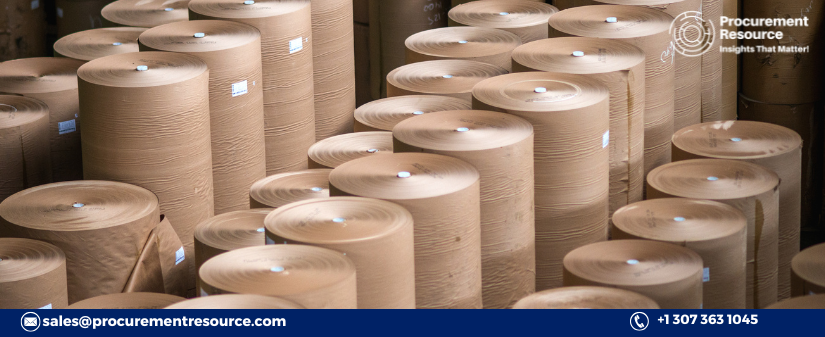China’s paper market has been facing headwinds recently amid declining demand and falling paper prices

China is grappling with a severe overproduction of paper. Overcapacity and weak demand are forcing paper factories to cut prices, eroding profits and threatening economic stability.
While Chinese leaders have pledged to stimulate the economy through interest rate cuts and increased government borrowing, concerns are growing about the potential for deflation to spiral out of control. Deflation, where prices consistently fall, can create a vicious cycle: falling prices reduce profitability, forcing companies to cut investments and jobs, leading to decreased consumer spending, which further fuels price declines.
Shandong Chenming Paper, a major manufacturer, exemplifies this struggle. Faced with excess supply, the company resorted to price cuts to offload inventory, but this strategy backfired, leading to mounting losses and mounting debt. Creditors have sued, and some of the company's bank accounts have been frozen.
The slump in the Chinese paper market is evident in China's declining producer prices, which have fallen for 26 consecutive months. The consumer price index, while still positive, has slowed significantly, raising concerns about weak consumer demand.
The potential for a new trade war with the United States adds another layer of complexity. Increased trade barriers could further limit China's ability to export excess production, exacerbating the domestic oversupply problem.
Economists are closely monitoring this situation, drawing parallels to Japan's "balance sheet recession" of the 1990s, where a prolonged period of deflation stifled economic growth.
While China has taken steps to address the economic slowdown, including interest rate cuts and debt restructuring, these measures have not effectively stemmed the tide of deflation.
The problem is compounded by the government's continued support for manufacturing, which, while aimed at boosting growth, can exacerbate oversupply and further depress prices.
Industries beyond paper are also experiencing the impact of this deflationary pressure. The automotive sector, for example, is grappling with price wars and declining profitability due to overproduction.
The risk of entrenched deflation is significant. If consumers and businesses come to expect lower prices in the future, they may delay spending and investment, further hindering economic growth.
China's current economic trajectory is a cause for concern, with investors increasingly seeking safe havens in bonds, reflecting a lack of confidence in the country's economic prospects.
Read More About Kraft Paper Production Cost Reports - Request Free Sample Copy in PDF
Addressing this challenge requires a multifaceted approach. While stimulating demand is crucial, it must be done in a way that avoids exacerbating oversupply. This may involve targeted measures to address overcapacity in specific sectors, alongside policies that encourage innovation and the development of new, higher-value products.
The success of these efforts will be critical in determining China's economic future and its ability to navigate the complexities of a globalized and increasingly competitive world.

